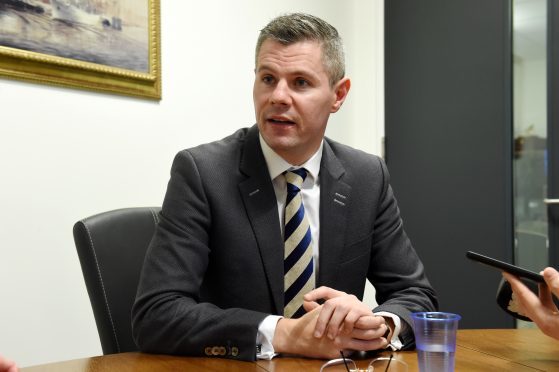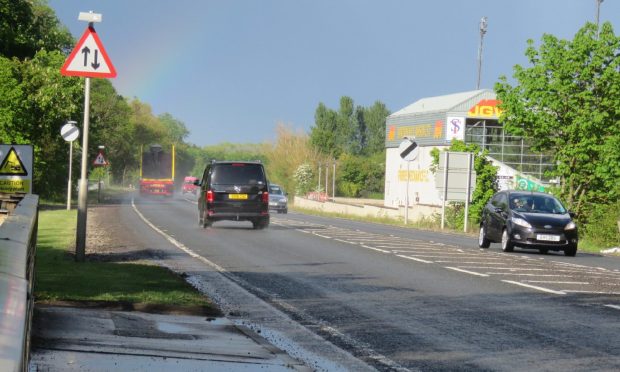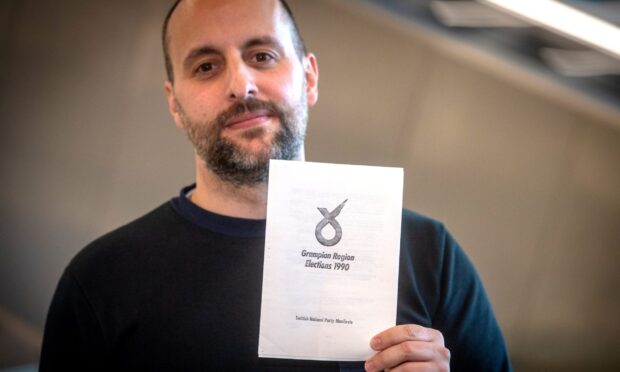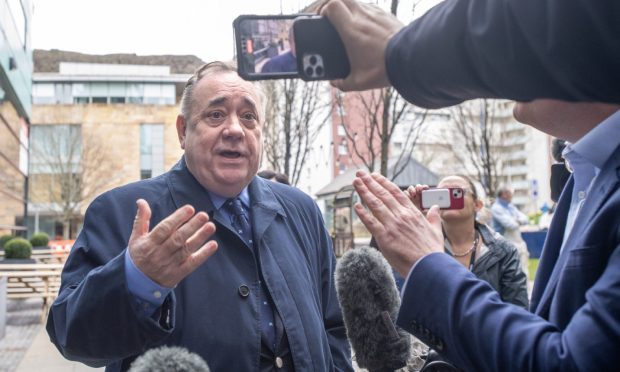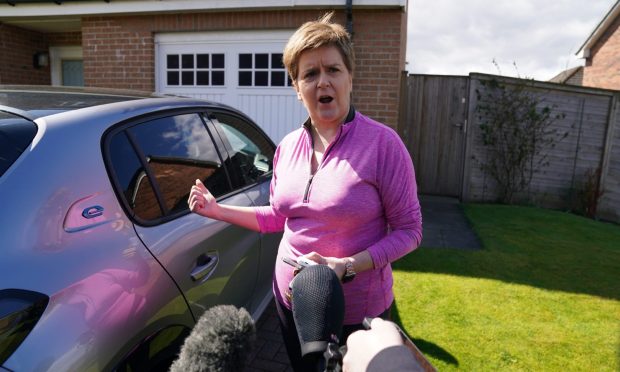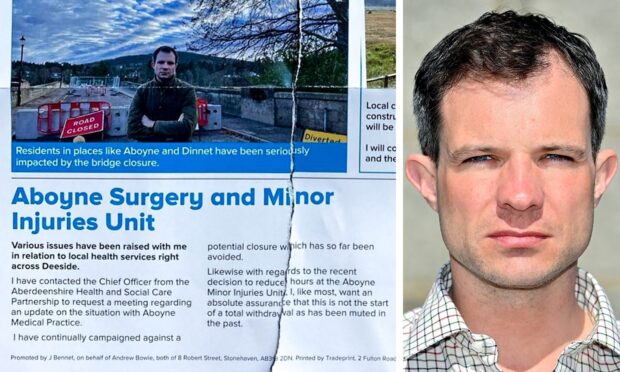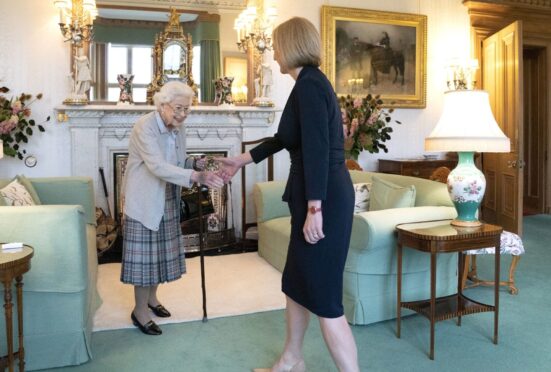Derek Mackay was yesterday accused of being in “full retreat” over the SNP’s plans to ditch the pound amid warnings of the policy’s “catastrophic” consequences.
The finance secretary was challenged on his currency plans at Holyrood three days after the SNP voted to introduce a separate Scottish currency “as soon as practically possible” after independence.
Labour finance spokesman James Kelly told the cabinet secretary that replacing the pound with a new Scottish currency would penalise families and businesses.
Mr Kelly told MSPs: “The effect that this would have on people’s mortgages, savings and pensions is that they would need to be converted into a new currency from Sterling at a cost of up to 30%. This would have a catastrophic impact on business and the economy.
“Why does the cabinet secretary think it is credible to adopt a policy of dropping the pound that will make Scottish families and businesses significantly worse off?”
Mr Kelly added that the SNP’s economic independence blueprint – Andrew Wilson’s Growth Commission – would result in a “decade of austerity” and urged the Scottish Government to focus on health, education and the railways.
The Finance Secretary claimed the SNP conference had passed an economic strategy that showed how the powers of independence could be used to grow a fairer society. He added that the pound would be kept “in the immediate term”.
Suggestions that Mr Mackay was backtracking on currency were raised after a question was asked by the SNP MSP Bruce Crawford. Mr Crawford asked the Finance Secretary to confirm that the currency used in Scotland would be the same the day before independence as the “day after, the day after that…namely the pound”.
Mr Mackay replied, saying that Mr Crawford was “correct”, adding a new currency would only be introduced when it was in the interests of the country.
Mr Mackay said: “The currency will remain the pound upon independence and that will only change when an independent Scottish Parliament endorses such a change.”
His attempts to reassure parliament that the currency change would not be immediate led to ridicule from Tory Finance spokesman Murdo Fraser.
Mr Fraser said: “It has only been three days since the vote at his conference and already the cabinet secretary is in full retreat from the position set out at that conference.”
Mr Mackay declined to give a direct answer to Mr Fraser’s question on how much businesses would have to pay in transaction costs when using a separate currency to trade with the rest of the UK.
